Times tables for kids: 4 times tables
Frantic fours are not-so-fun for kids but we can help you change that. These printable four times table charts are turning things around. Print, colour and create with the times tables like never before. Kids can even make a poster with this printable chart turning frantic fours into fun!
What you need:
- computer with internet access
- printer
- pencils, crayons or markers
Number of players:
Activity:
Memorising multiplication times tables is now considered old-fashioned as an educational tool. Yet there's no doubt that "knowing your times tables" can be helpful, even if it is just to give a child the confidence to deliver a rote answer when they are older!
There are many methods to teach children multiplication concepts, but the most important thing is that your child has the ability to visualise the multiplication process before times tables can truly be understood. Children can start to understand mathematical concepts by using toys or food to see how adding and taking away truly "looks". This can be further reinforced by letting children have fun with numbers and maths concepts.
Colouring in, doing dot-to-dots and mazes are all helpful learning games which allow children to explore the fun of numbers, times tables and mathematics.
- Print out the four times table sheet.
- Print out easy dot-to-dots to colour in.
- Print out easy mazes.
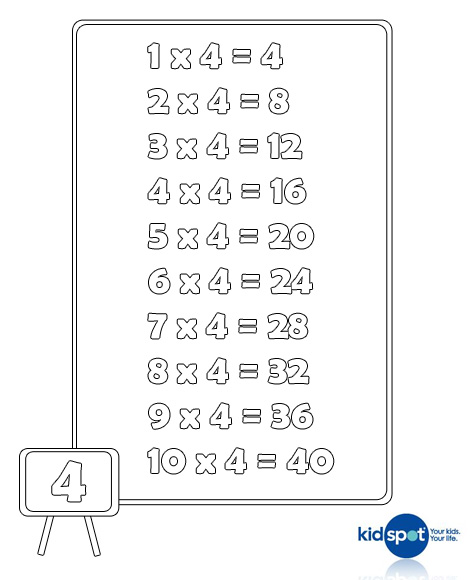
Click here to print the four times table multiplication sheet.
Tips for teaching kids multiplication
Multiplication is taught from the first year of school which can surprise parents as many think of multiplication as a concept taught later in primary school. In fact the strong foundations for multiplication are taught from kindergarten or Prep.
If your child is aged five to six years then they will be focusing on modelling equal groups or rows of items. They are using the language ‘group’ to describe a collection of items. This ability to ‘see’ the groups is important.
Children aged seven to eight years can count by ones, twos, fives and tens in rhythmic patterns. They learn that equal rows are called arrays. Your child will also be making the connection that 3 groups of 2 gives the same answer as 2 groups of 3 but that it looks different. These are the basis of multiplication concepts.
Children aged 11 to 12 are multiplying three and four digit numbers by one digit as well as long multiplication which is multiplying three digits by two digits. Accuracy with times tables is assumed at this age as students should have a level of automaticity which allows them to move onto problem solving skills.
Find more times tables charts:
- Two times tables chart printable
- Three times tables chart printable
- Four times tables chart printable
- Five times tables chart printable
- Six times tables chart printable
- Seven times tables chart printable
- Eight times tables chart printable
- Nine times tables chart printable
- Ten times tables chart printable
- Eleven times tables chart printable
- Twelve times tables chart printable

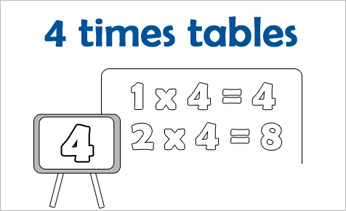
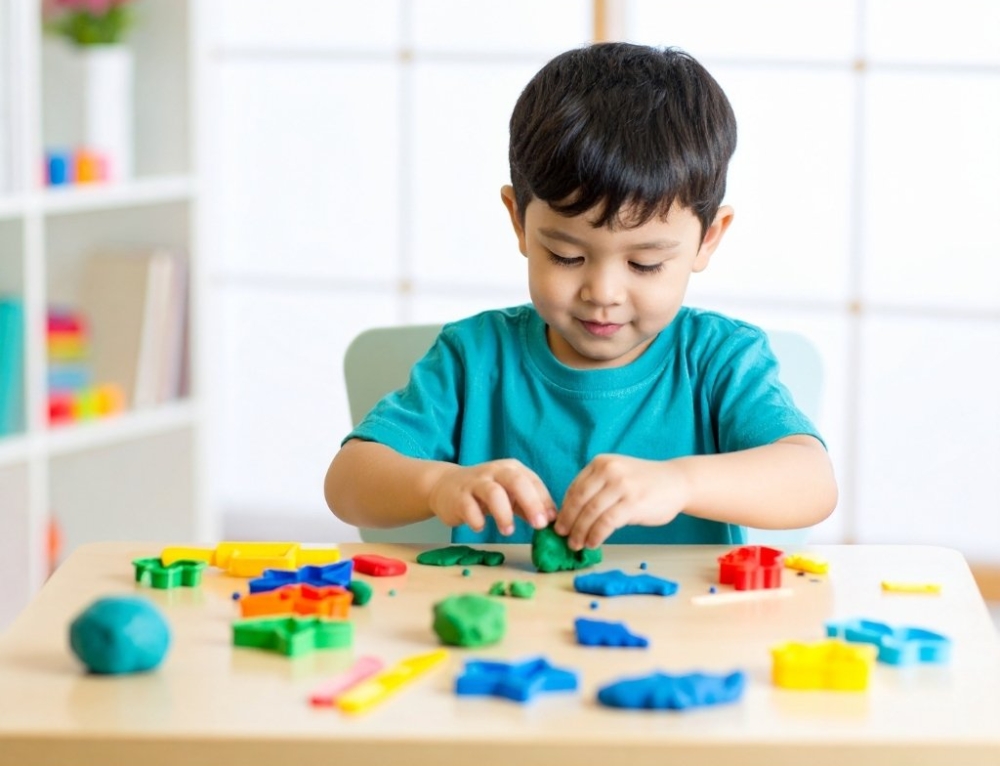

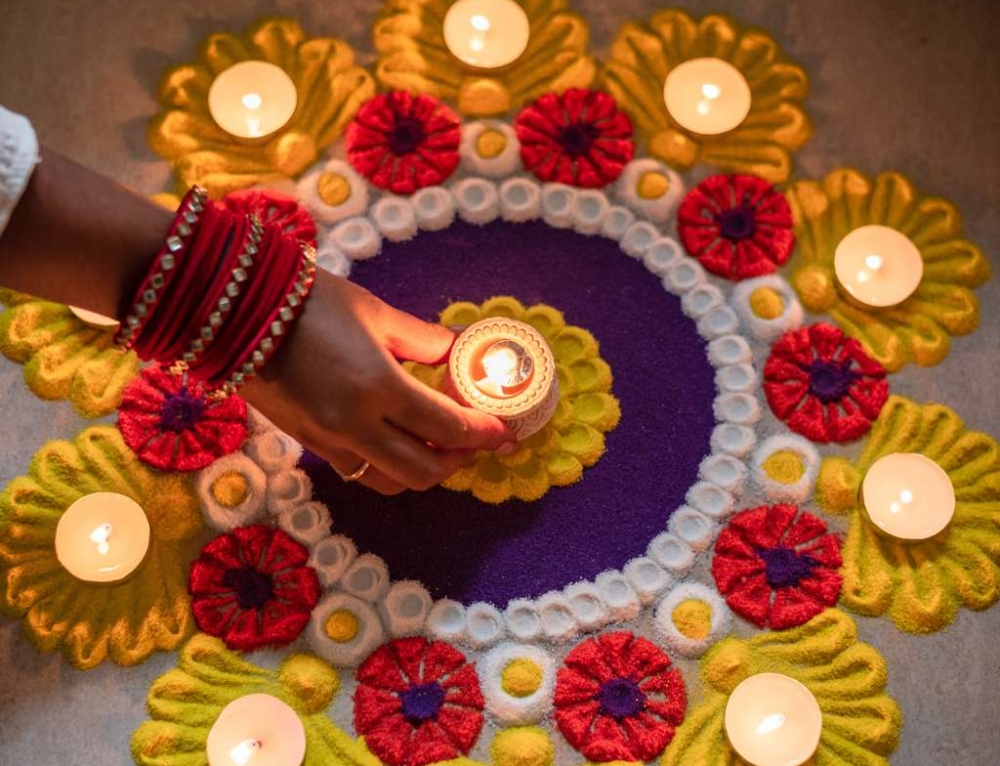
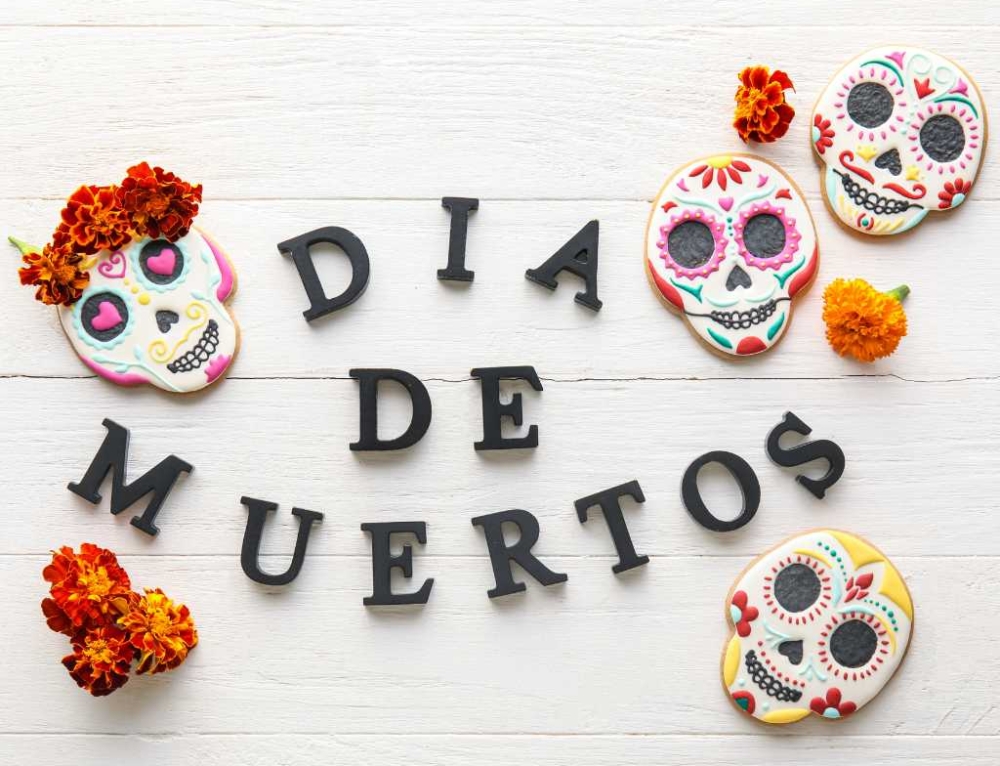

Leave A Comment
You must be logged in to post a comment.